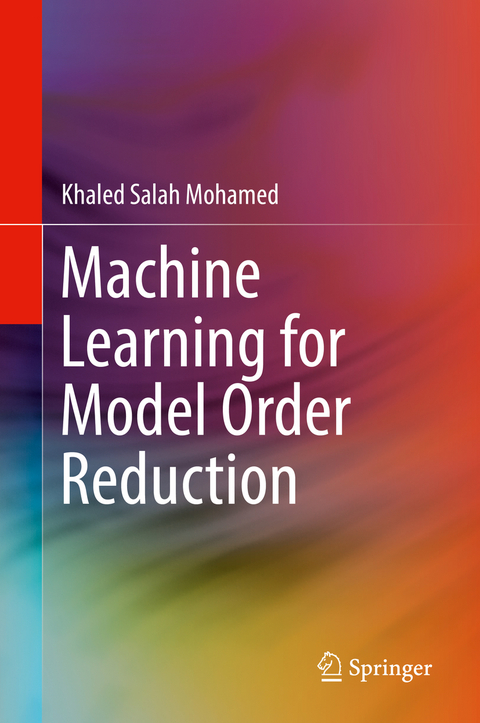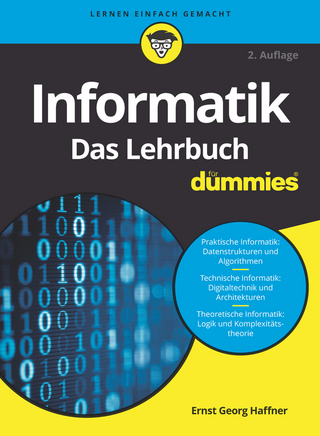
Machine Learning for Model Order Reduction
Springer International Publishing (Verlag)
978-3-319-75713-1 (ISBN)
- Introduces machine learning algorithms at the architecture level and the algorithm levels of abstraction;
- Describes new, hybrid solutions for model order reduction;
- Presents machine learning algorithms in depth, but simply;
- Uses real, industrial applications to verify algorithms.
Khaled Salah Mohamed attended the school of engineering, Department of Electronics and Communications at Ain-Shams University from 1998 to 2003, where he received his B.Sc. degree in Electronics and Communications Engineering with distinction and honors. He received his Masters degree in Electronics from Cairo University, Egypt in 2008. He received his PhD degree in 2012. Dr. Khaled Salah is currently a Technical Lead at the Emulation division at Mentor Graphic, Egypt. Dr. Khaled Salah has published a large number of papers in in the top refereed journals and conferences. His research interests are in 3D integration, IP Modeling, and SoC design.
Chapter1: Introduction.- Chapter2: Bio-Inspired Machine Learning Algorithm: Genetic Algorithm.- Chapter3: Thermo-Inspired Machine Learning Algorithm: Simulated Annealing.- Chapter4: Nature-Inspired Machine Learning Algorithm: Particle Swarm Optimization, Artificial Bee Colony.- Chapter5: Control-Inspired Machine Learning Algorithm: Fuzzy Logic Optimization.- Chapter6: Brain-Inspired Machine Learning Algorithm: Neural Network Optimization.- Chapter7: Comparisons, Hybrid Solutions, Hardware architectures and New Directions.- Chapter8: Conclusions.
| Erscheinungsdatum | 21.03.2018 |
|---|---|
| Zusatzinfo | XI, 93 p. |
| Verlagsort | Cham |
| Sprache | englisch |
| Maße | 155 x 235 mm |
| Gewicht | 333 g |
| Themenwelt | Mathematik / Informatik ► Informatik ► Theorie / Studium |
| Technik ► Elektrotechnik / Energietechnik | |
| Schlagworte | circuit simulation • Fuzzy logic and circuit simulation • Genetic algorithms and circuit simulation • Machine learning for circuit simulation • Model Order Reduction Techniques in VLSI Design |
| ISBN-10 | 3-319-75713-X / 331975713X |
| ISBN-13 | 978-3-319-75713-1 / 9783319757131 |
| Zustand | Neuware |
| Haben Sie eine Frage zum Produkt? |
aus dem Bereich


